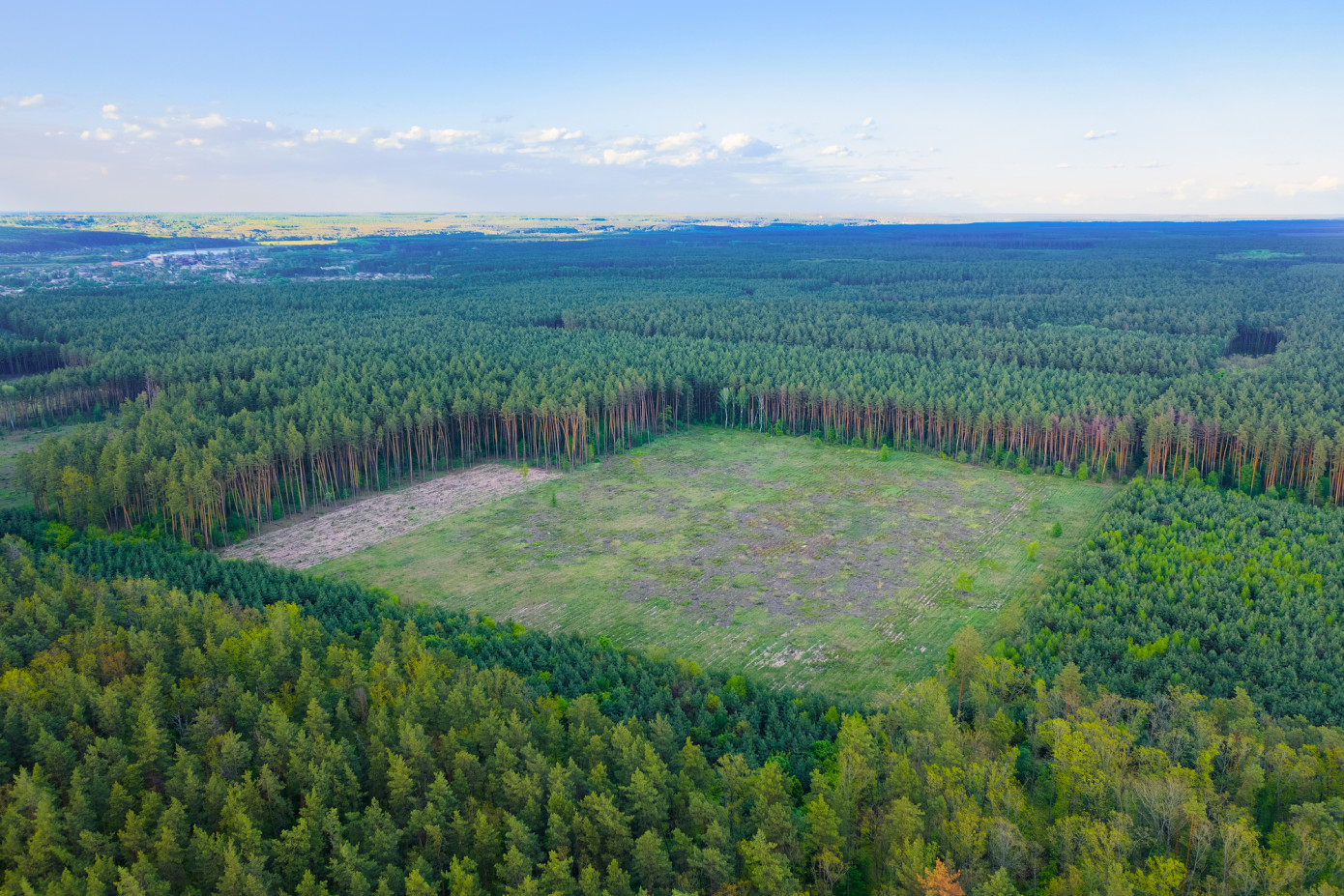Microsoft will purchase 8 million tons of carbon offsets to convert Brazilian farmland into forests, as projects to protect existing forests lose credibility.
Following criticism of unreliable data in forest protection projects, investments are now directed towards regrowing native vegetation in Brazil. This country, with its vast degraded areas, is central to these efforts. Replanting forests offers concrete data on CO2 capture, attracting investors and environmentalists. Planting new trees significantly increases CO2 absorption.
BTG Pactual Timberland Investment Group (TIG) announced an agreement to provide Microsoft with 8 million tons of carbon offsets by 2043, the largest carbon removal credit transaction to date. The project in Brazil’s Cerrado savanna will convert farm and pasture land into forests, with half dedicated to native species and the rest to eucalyptus for timber. The deal's dollar amount remains undisclosed.
Mark Wishnie, BTG TIG's chief sustainability officer, emphasized the importance of high-quality projects involving native species, which not only sequester CO2 but also restore habitats and provide income to local communities. Microsoft’s investment is part of a BTG TIG plan to raise $1 billion to reforest over 135,000 hectares of farmland by 2027. Timber sales will make the project financially viable, with trees harvested only after 14 years.
Microsoft, aiming to reduce emissions and purchase offsets to meet its 2050 net-zero goals, supports nature-based projects. This new agreement follows other recent investments in Brazilian reforestation. Image: Microsoft
Guy Turner, head of MSCI Carbon Markets, told the WSJ that global prices for forestry credits typically range from $20 to $40, far more than those of forest-conservation projects, which recently traded at $4.10.
This isn’t Microsoft’s first restoration project in Brazil. Last month, the company agreed to buy 3 million tons of CO2 in a project run by re.green, a company in Rio de Janeiro with restoration projects in the Amazon and the coastal Atlantic Forest. Last year, Microsoft signed a 1.5 million-ton deal with Mombak, a São Paulo-based carbon-removal company focused on restoring the Amazon rainforest. Last week, Anew Climate, a Texas-based climate products and services provider, announced a deal to deliver 970,000 tons of nature-based carbon removal to Microsoft in projects across the U.S.
Despite these investments, reforestation projects face challenges such as wildfires and illegal logging. Last year, the Bureau of Investigative Journalism, The Guardian, Repórter Brasil, and Forbidden Stories revealed that the Brazilian meat industry destroyed over 800 million trees in the Amazon rainforest over six years to meet global demand.
